The government of the Indian state, Andhra Pradesh, has launched a plan to become the first area with 100% natural farming methods by 2024.
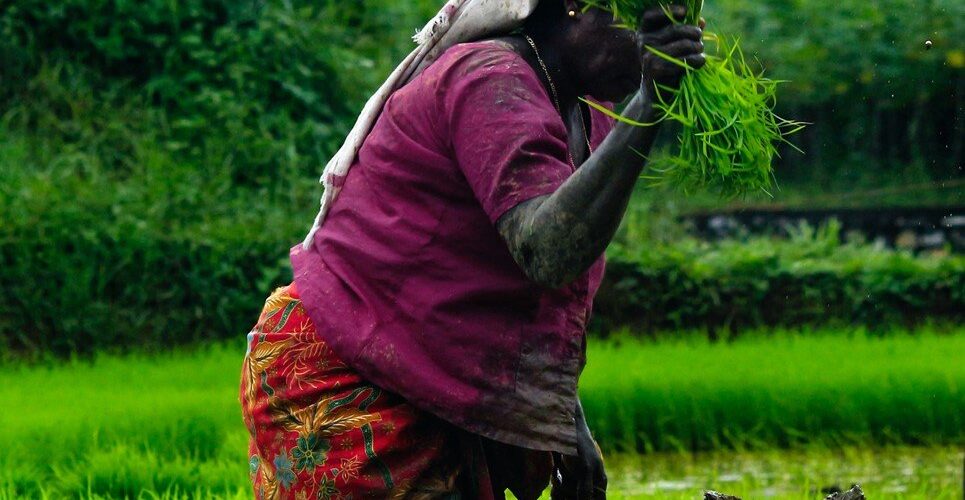
Along with the support of the United Nations Environment Programme, they hope to transition from conventional synthetic chemical agriculture to more sustainable practices of farming that are deeply rooted in traditional Indian practices.
So what?
Implementation of zero budget natural farming involves phasing out a reliance on ‘foreign’ inputs such as fertilisers and pesticides. Harvesting nature’s tools, such as using extracts from neem trees as pesticides and cow dung as fertilisers, not only lowers cultivation costs for farmers but also creates a more climate resilient environment.
These practices have already seen a visible difference in increased yields, healthier crops and reduced land degradation. Such characteristics are hopeful in shaping a sustainable world for the future generation of farmers.
Zero budget natural farming has already been welcomed by the Konda Dora tribe in India, with the practice spreading quickly through the sharing of learnings and knowledge. The success of this story will hopefully aid the scheme in making its goal of reaching 6 million farmers.
This agricultural ‘revolution’ in India offers a green answer to the future of farming, and helps to cement the important complementarities between achieving global food security and conserving the environment.
Signal spotted by: Hansika Singh, Roberta Iley
Photo by Nandhu Kumar on Unsplash


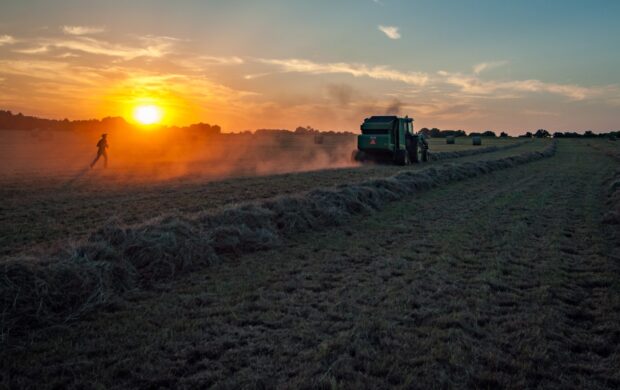
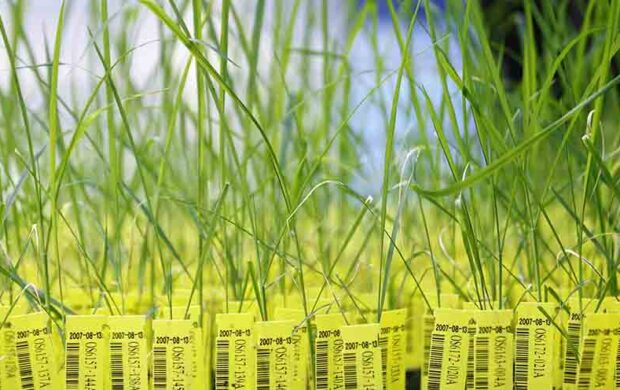
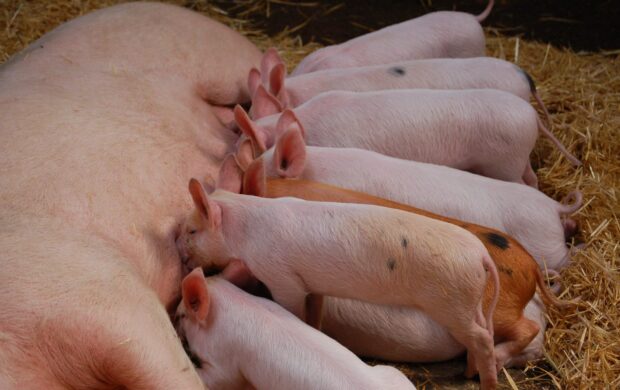







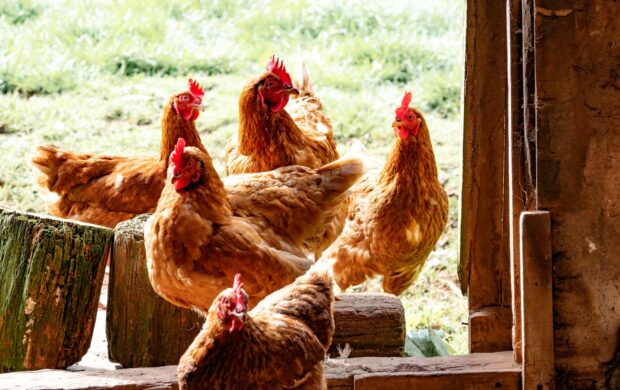


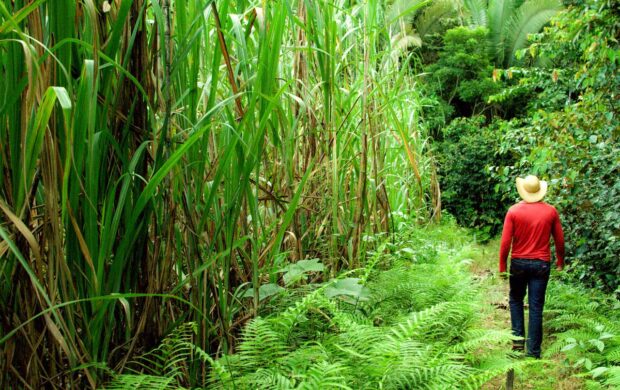

Join discussion